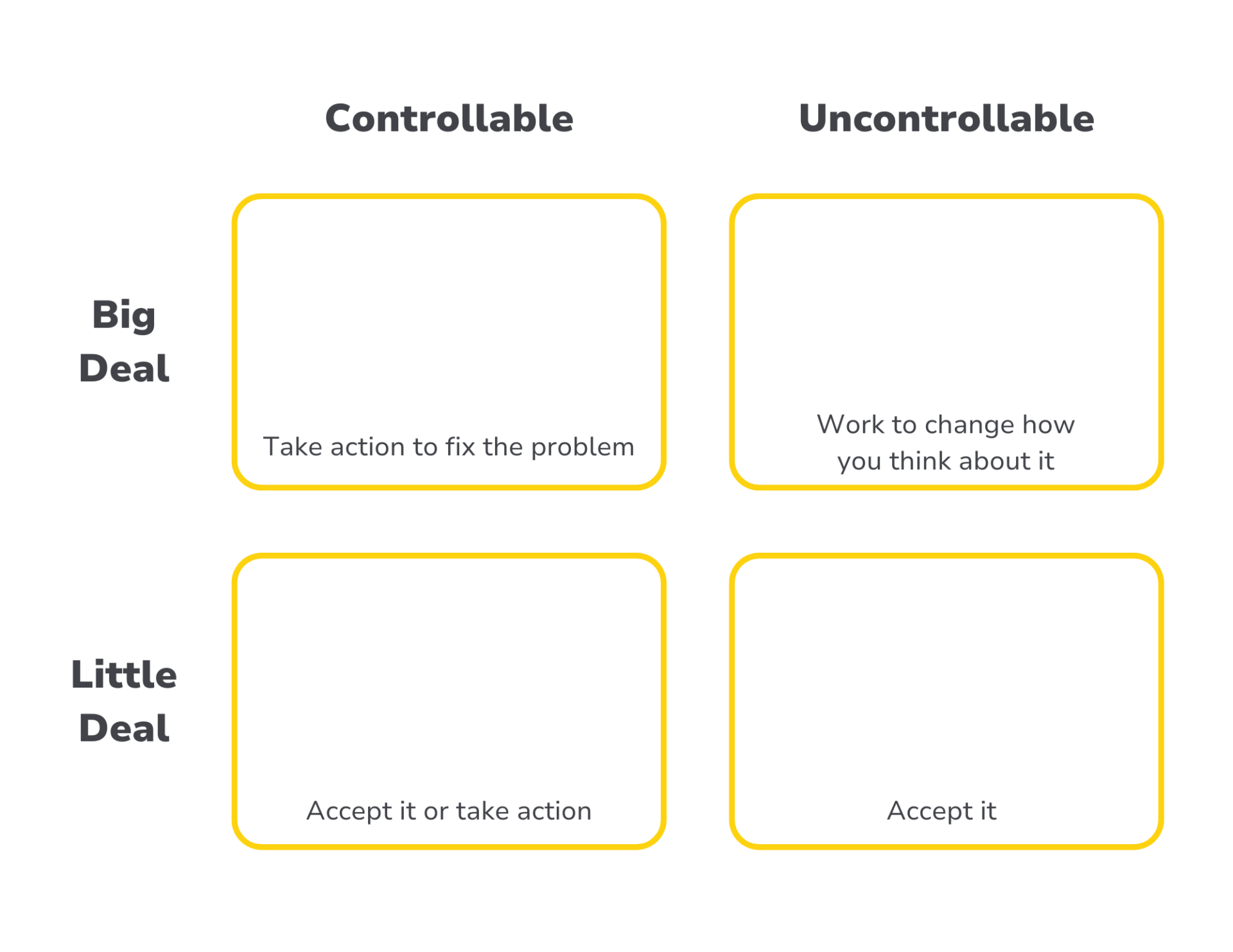
We’re living through a very stressful time, particularly for educators and school leaders. According to recent research, 85% of principals are experiencing frequent job-related stress, compared to just about 33% of working adults.
There is hope, however, and it can be found in the science behind stress. A study conducted from 1998 to 2006 found that if you believe stress is harmful, it is, whereas if you believe stress is enhancing, it will be. Stress has been proven to enhance our performance, health, well-being and growth and learning. However, when we view stress as harmful, these areas can suffer. We often choose behaviors that avoid dealing with the stress, which can lead to higher levels of stress.
“Stress is what arises when something we care about is at stake.”
– Dr. Kelly McGonigal
The good news is that we can better manage stress through a mindset shift. Newer science shows that changes in the way we view stress can improve our health and happiness. It’s important we learn how to embrace the stress through these steps:
- Notice the stress.
- Recognize it is a response to something you care about; if you didn’t care, you wouldn’t feel stressed.
- Use the energy stress gives you to enhance your performance and to forge connection.
Connection can be a very helpful disruptor and mitigator of stress. If you are experiencing stress, reach out! Make it known what you need. Or if you notice a colleague who seems stressed, reach out! Acknowledge and ask how you can be supportive. Listen and don’t offer solutions unless they explicitly ask for them. If you can, allocate resources their way.
To learn more, read our latest white paper offering concrete Strategies for Strengthening Community and Mitigating Burnout.
Self-Regulation EXERCISE
We invite you to try an exercise to help you characterize your stressors. While this exercise won’t eliminate the stress or make it less emotional, it can help us to prioritize our energy. It serves as a reminder that we can only control the controllable. We must let go of the uncontrollable and save our energy for the controllable.
To practice, take out a piece of paper and draw four boxes, like the ones below, labeling the columns “controllable” and “uncontrollable” and the rows “big deal” and “little deal”. Now, think about a common or recurring stressor in your life. Determine if the stressor is a big deal or little deal. Then decide whether the stressor is something you feel you can control or not. Write each stressor in the appropriate box.
While we may not be able to remove stress from our lives, we can find ways to reduce its negative impact on our mental health and well-being. At the end of the day, stress means that we care about the work we’re doing; but in order to keep doing that work, we need to take a step back and take care of ourselves first.

About the Coach

Dr. Matthew Murphy.
Dr. Matthew Murphy served as teacher, principal, curriculum director and, most recently as superintendent, in several high-performing New Jersey public schools. Amid political skepticism and tight budgets, he built social and emotional learning into every grade level from preschool to graduation. He pushed for the curriculum requirement that has every sophomore completing Teen Mental Health First Aid training, as recognized in The Washington Post.
Meet Matthew